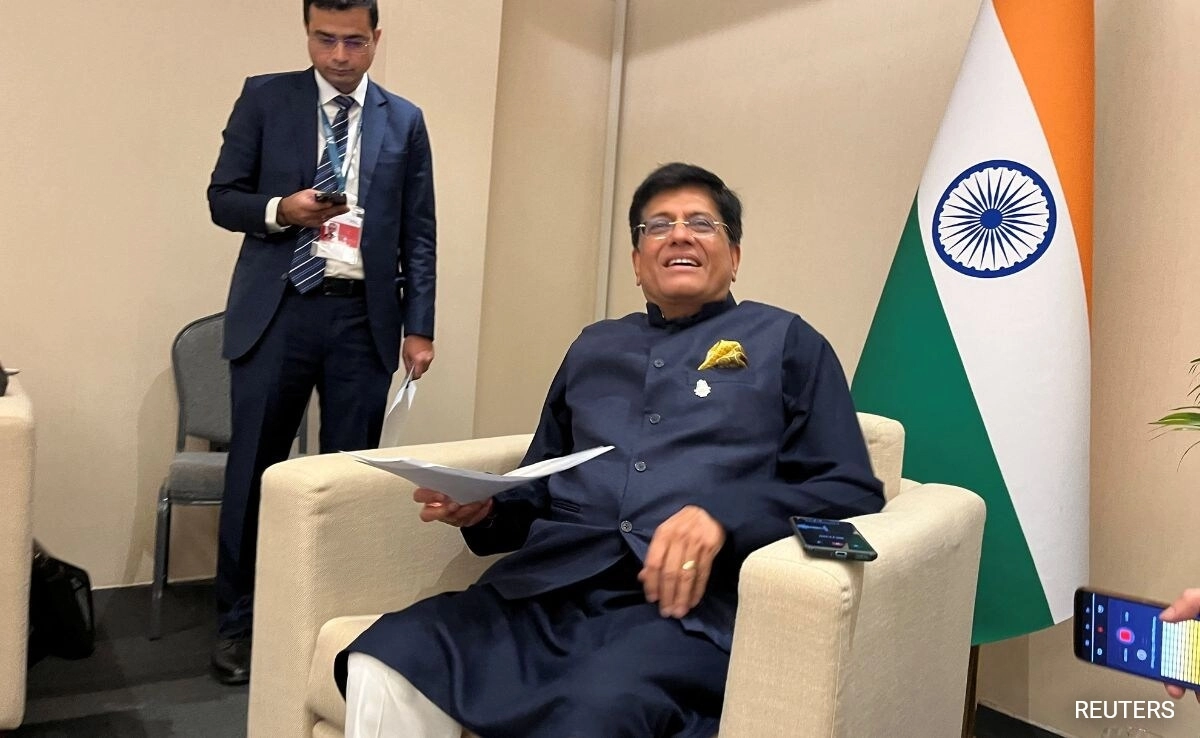In a recent statement, Indian Commerce and Industry Minister Piyush Goyal emphasized that the country will pursue trade agreements solely when they align with national interests. Goyal’s assertion reflects India’s strategic approach to international trade, prioritizing the nation’s economic welfare and growth over mere participation in global trade discussions. He underscored that any trade deal must be mutually beneficial, ensuring that it does not compromise the interests of Indian industries or the livelihoods of its citizens.
Goyal’s comments come in the context of ongoing negotiations with various countries regarding potential trade partnerships. He reiterated that India’s trade policy will focus on enhancing the domestic economy, promoting exports, and safeguarding local industries from unfair competition. This cautious stance is particularly relevant given the dynamic nature of global trade, where countries often face the challenge of balancing economic benefits with the protection of their own markets. By insisting that trade agreements serve the country’s interests, India aims to build a robust economic framework that supports sustainable growth.
The minister’s declaration also indicates a shift in India’s trade strategy, moving away from the traditional approach of signing deals for the sake of engagement. Instead, India will meticulously assess the implications of each proposed agreement, considering factors such as job creation, technological advancement, and overall economic impact. This careful evaluation process is crucial in a time when international trade relationships are increasingly complex and interdependent.
As India positions itself as a significant player in the global economy, Goyal’s approach signals a commitment to fostering a trade environment that not only facilitates growth but also ensures that the benefits are equitably distributed across various sectors. By prioritizing national interests, India seeks to create a sustainable economic landscape that can withstand global fluctuations while encouraging innovation and competition within its borders. Ultimately, this strategy aims to enhance India’s standing in the international market while safeguarding the fundamental principles of fairness and equity in trade.




